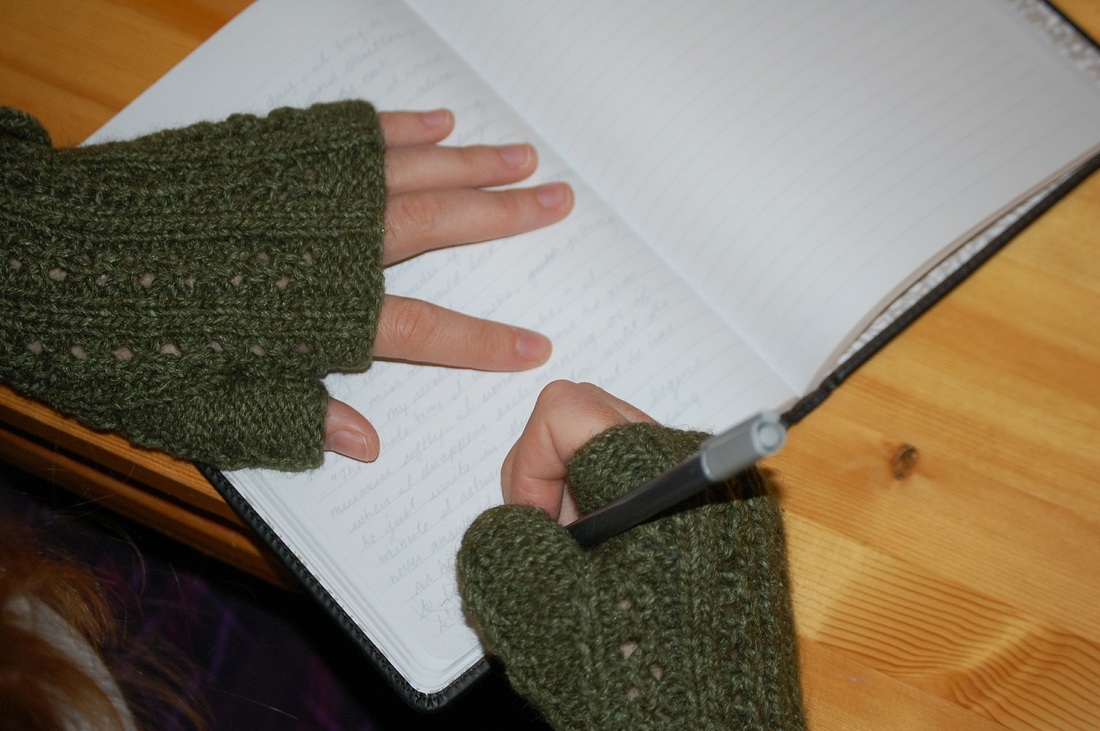 As a high school English teacher and a published author, I was ecstatic when given the opportunity to teach a creative writing class… but also terrified. Although writing is my passion, teaching creative writing seemed intimidating. How do you walk the fine line between giving helpful constructive criticism and squashing a child’s confidence? How do teach students to be truly creative, to free the restraints we tightly put in place in the traditional Language Arts classroom? I’m going into my third year of teaching creative writing, and I can say I haven’t completely mastered it. The beautiful yet daunting element of creative writing is you can never truly reach perfection. However, here are some tips and tricks I’ve picked up along the way to help your creative writing class be successful. 1.Model writing. If we want to teach our students to be fearless in their writing, we have to be fearless in our own writing. Try to participate in the activities you set before your students—then be willing to share your work. Students need to see you struggle, get excited, and open up about your own writing in order to understand the process. 2.Create an atmosphere of honesty. From day one, we talk about the value of honesty. Telling every student “great job” only cheapens their effort, their work, and the class. I teach proper critiquing etiquette in the first week so students understand the difference between constructive criticism and cruelty. They learn to be open with each other about what works and what doesn’t so we can all grow. 3.Push students out of their writing styles. We cover all genres in my classroom, including humor. Many students will be nervous about switching what they perceive as their genre, but encourage them to go outside of their comfort zones. Remind them it’s okay to fail at a genre. Also remind them that writing other genres can help them improve elements in their preferred genre; 4.Let students create prompts sometimes. Coming up with prompts can be exhausting. Once in a while, I throw the task to the students. I’ve found that when I’m out of creative ideas, they often can come through, creating challenging and engaging prompts. It also gives them a sense of ownership of the class. 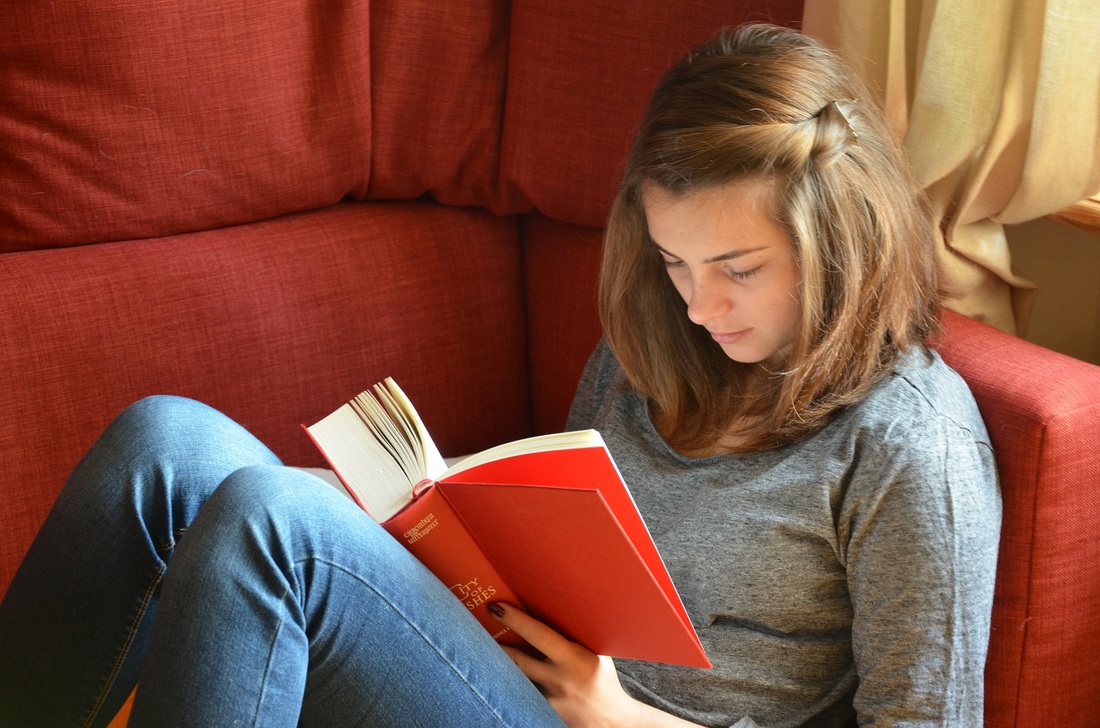 5. Look for writing books to help you. Many creative writing books, in my opinion, are too stiff, formulaic, and the antithesis of creativity. However, there are some great books out there. Two of my favorites are Karen Benke’s Rip the Page!: Adventures in Creative Writing and Jennifer Traig’s Don’t Forget to Write for the Secondary Grades. 6.Read On Writing by Steven King. As a teacher, this book gives you great perspective from one of the most successful writers of our time. This book does have a lot of profanity, so it probably isn’t something you’d want to have your students read as part of the class. However, it gave me new perspectives on what I was teaching and has helped me help the students. 7.Incorporate non-writing, creativity building activities. You don’t have to write every single day to teach creative writing. Focus on the “creativity” part. Sometimes, we do challenging art projects or group games that enhance creativity. Think outside of the box with your lesson plans in order to help students think outside of the box with their writing. 8.Have free write Fridays. This year, Fridays will be days students can choose what project they work on, anything from a book, a story, a poem, or even improving the writing in an essay. Giving students ownership of their tasks helps them understand the value of what you are teaching. 9.Encourage students to keep journals. Sometimes great story ideas can come from journal writing. Encourage students to keep journals outside of the classroom for idea generation. 10.Create an outside audience once students are comfortable with sharing. Giving students an audience can make their writing feel more real. Invite in another class for a flash fiction reading. My students also wrote children’s books last year. We invited in students from the classroom for students with multi-disabilities to be our guests. 11.Always encourage students to look for the positives in writing before criticizing. Teach students that every piece of writing has a positive. This will help build confidence. 12.Examine writing of the greats.
Pull in pieces from a variety of writers, and encourage students to bring in pieces of writing that move them. 13.Talk about blogging. Even students who aren’t interested in publishing novels may be able to benefit from a discussion of creative non-fiction, especially with blogging. Open students’ eyes to the world of blogging and do mini-lessons on things like SEO, advertising, and guest blogging to show them new possibilities. 14.Teach students how to write for social media. Social media is the modern platform for writers. Teach students how social media can be a tool, no matter what your profession. Talk about best practices for different social platforms and discuss internet safety. Creative writing has so many different mediums; teach as many as you can. 15.Encourage knowledge of self. I encourage students to explore who they are through various activities. We talk frequently about how knowledge of self helps with knowledge of writing. Activities such as writing six-word memoirs help students evaluate who they are and how it impacts their writing. 16.Teach students to write on command. Many students complain that they cannot write at school; they only write at home. I make students write in class anyway. We talk about how expanding your writing atmosphere helps you grow as a writer. We also discuss how even if you scrap what you write in school, there may be some gems you can use. 17.Promote editing and rewriting. Real writers rewrite…and rewrite…and rewrite. I try to promote this ideal in my class. We use peer feedback to help fix issues in first drafts and to reveal weaknesses. 18.Connect with professionals in the field. Bring in writers of all genres and fields. Seeing professionals helps make the content of the class real. I recently signed up for some Skype classroom visits with authors. There are so many authors who will Skype with your students and answer questions. 19.Promote reading as a means of developing writing. Encourage students to read in addition to writing. All of the greats talk about how important it is to read if you want to be a great writer. Promote this ideal in your writing classroom. 20.Create group writing activities. We don’t always write as individuals. I encourage collaboration for certain activities. Students benefit from seeing other students’ great ideas and also their struggles. It promotes confidence and builds an atmosphere of comfort in the classroom. Above all, creating a space where students feel comfortable enough to write, share, explore, and even make mistakes is crucial for a successful writing class. I wish you all the best with your creative writing class and encourage you to share any tips you have found to be successful in the comments below! Lindsay Detwiler is a high school English Teacher and a published contemporary romance author. To learn more about her, check out her Facebook, her blog, and her Twitter page
21 Comments
10/7/2016 09:41:43 pm
I really would love how to write better. Taking classes does seem like a good way to do that. I like that you pointed out that a good one will push rewriting and editing.
Reply
1/10/2018 06:08:54 am
Very Nice and beautiful post, I also love writing and I have been writing creative writings and providing workshop too. its good to write and read.
Reply
7/23/2018 07:38:44 am
Your blog is interesting and helpful too
Reply
7/25/2020 07:43:40 pm
Very practical set of suggestions that will make any creative writing class, from beginning to advanced, better for their use.
Reply
1/18/2021 09:19:04 pm
Very valuable article! I will bookmark your blog and share this with my friends. This is one of the great lists.
Reply
1/28/2021 06:28:53 pm
This is one of the great tips that I read online. Writing comes from reading, and reading is the best educator of how to compose. Keep it up!
Reply
2/1/2021 08:26:02 pm
This is a very useful and helpful tips in my book writing project in the future. Poetry is an arrangement of satisfaction and torment and marvel, with a scramble of the word reference. Thanks a lot for sharing the information.
Reply
4/14/2021 03:47:10 pm
I agree that a teacher has to be fearless in their writing if they want their students to do the same. No one will trust a teacher that doesn't follow their own teachings. I'd love to learn more about creative writing but I need to find a good teacher and class.
Reply
9/1/2021 09:31:56 am
https://ventureteambuilding.co.uk/forming-storming-norming-performing/#comment-17594
Reply
alina
10/10/2023 03:05:13 am
Grab tremendous deals 🔥 through <a href=" https://coupondonor.com/coupons/devilsfilm
Reply
alina
10/30/2023 03:12:52 am
Obtain great coupons at <a href=" https://coupondonor.com/coupons/devilsfilm
Reply
Leave a Reply. |
*As an Amazon Affiliate, I get a small fee for any books purchased through the links below.
Archives
May 2024
Categories
All
|



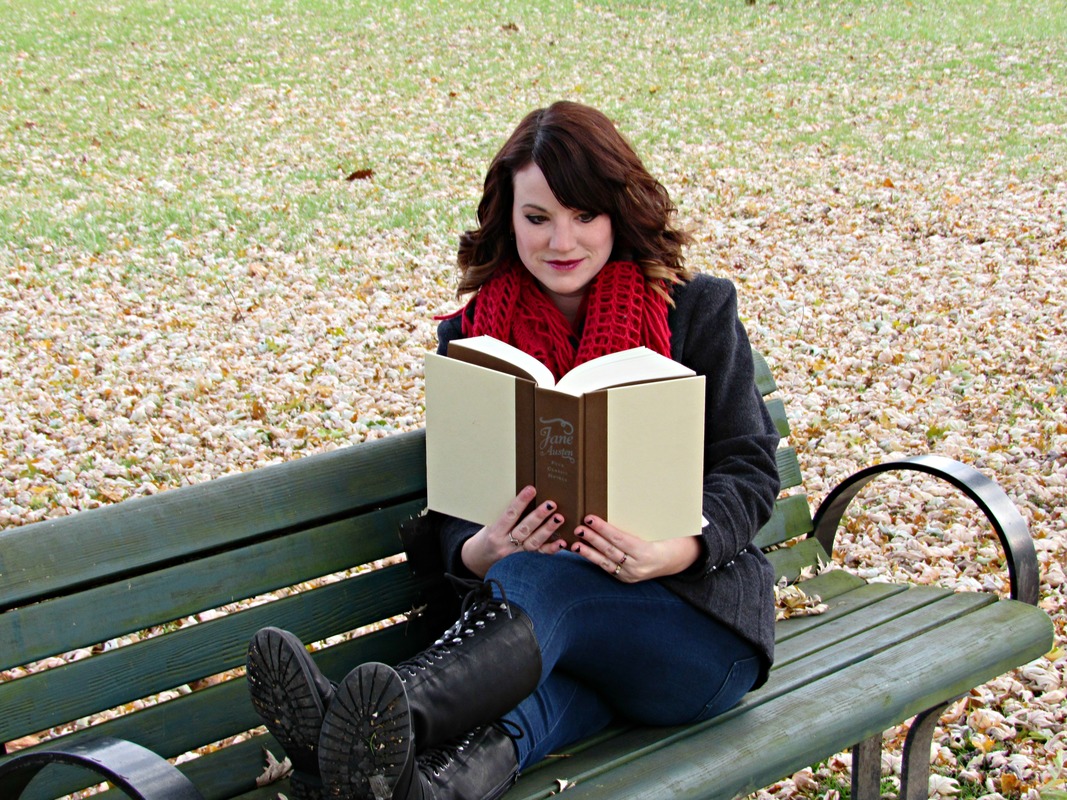


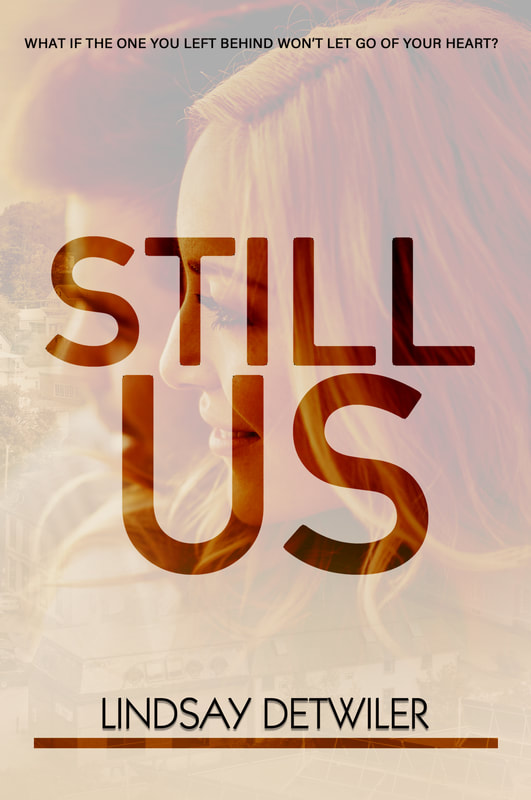

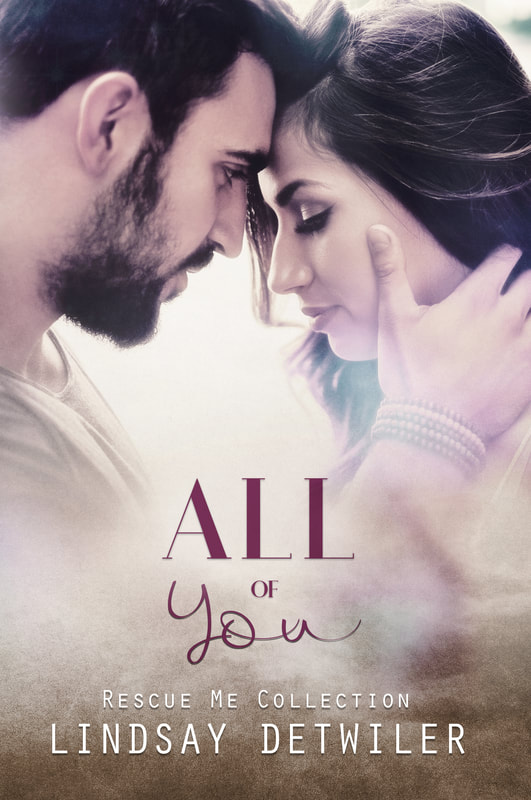

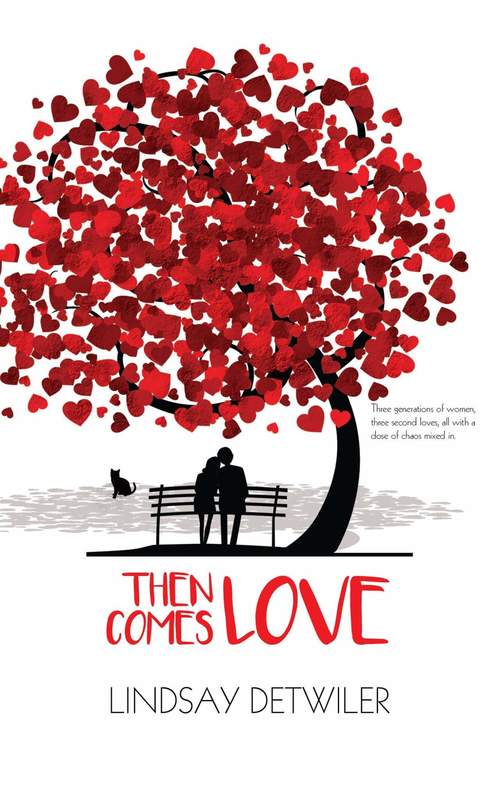

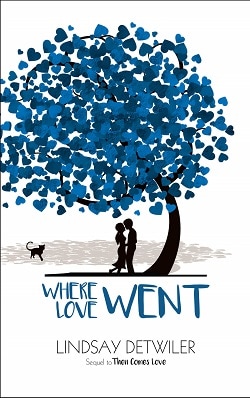


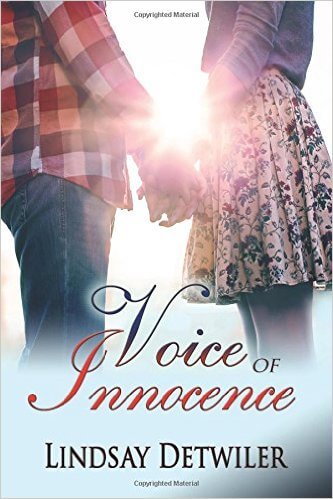
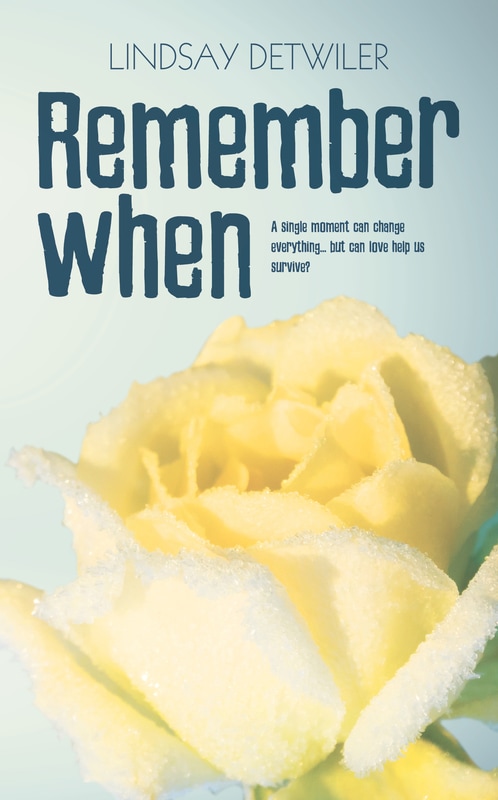
 RSS Feed
RSS Feed